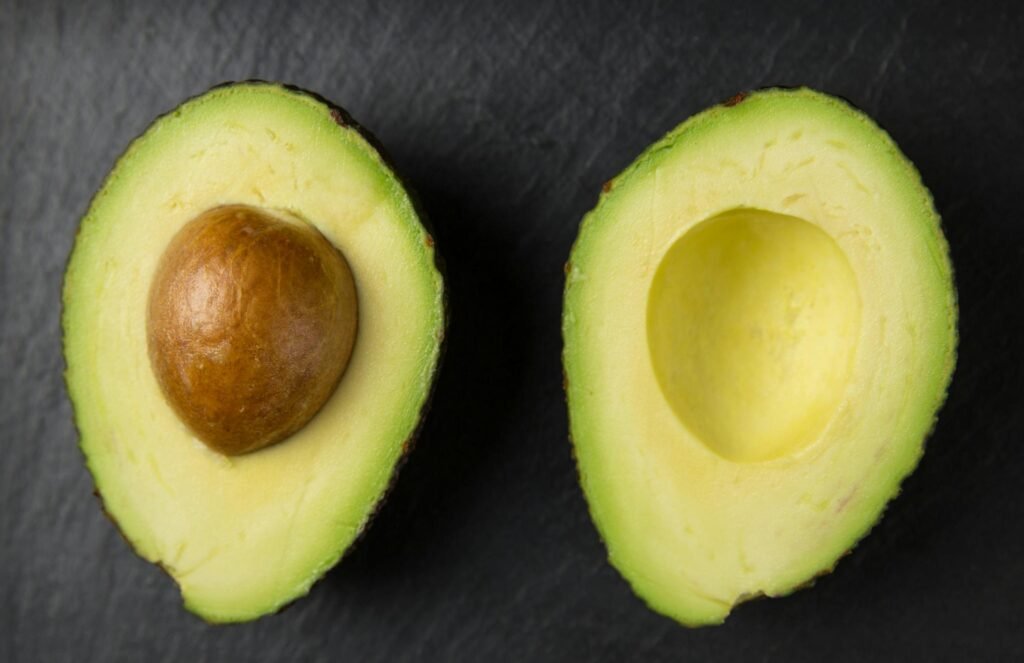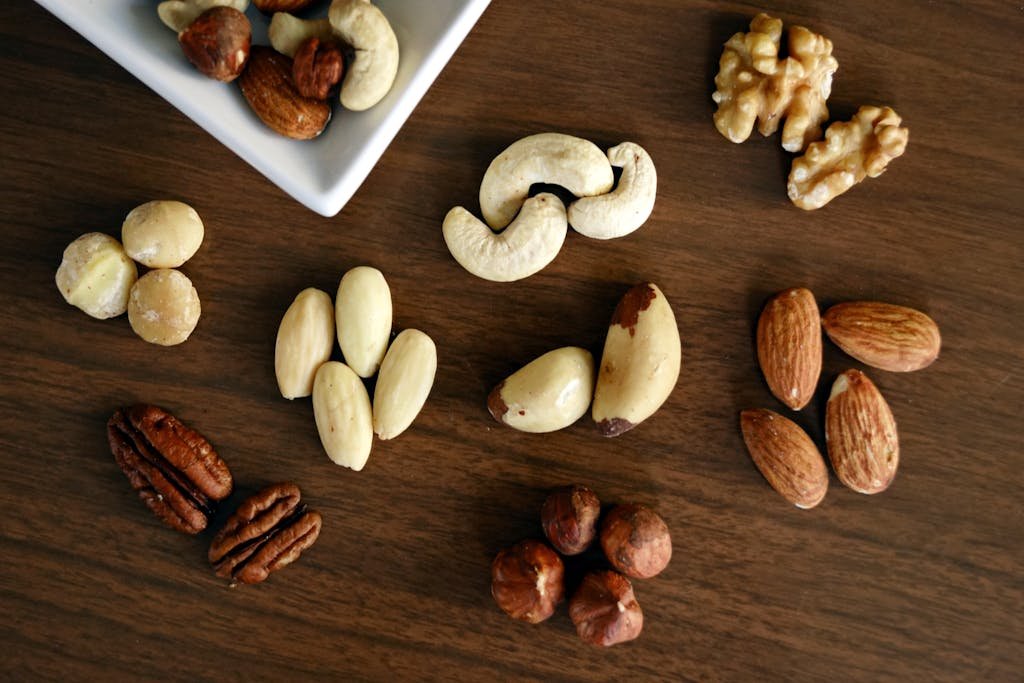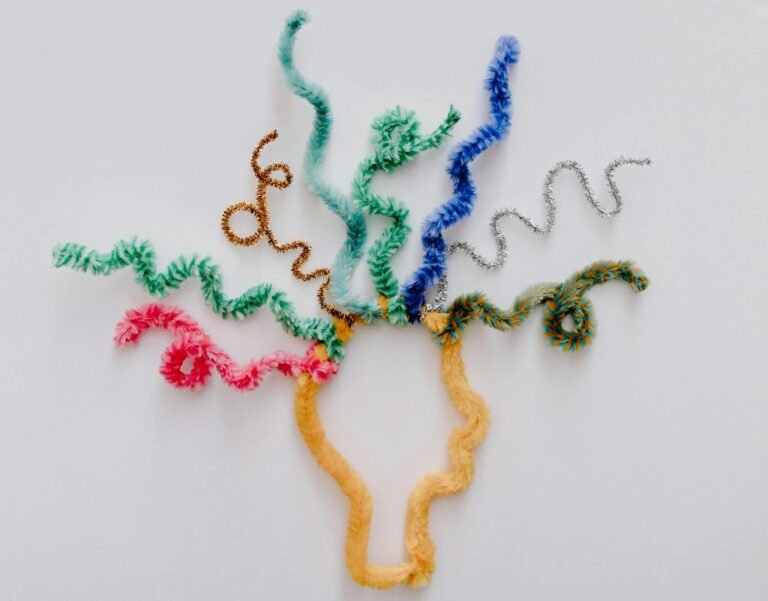Much like carbs, fats have long been a controversial topic in the world diet and nutrition. Oftentimes demonized and misunderstood, the truth is that fats play an essential role in our overall health and well-being. In this brief post, we’ll give you the low-down on why we need fats, the role they play in our bodies, types of fats, the best sources of healthy fats and how to find balance with them.

Why We Need Fats
Fats are one of the three basic macronutrients our bodies need, alongside proteins and carbs. They serve several vital functions:
- Energy Source. Fats provide a concentrated source of energy, yielding 9 calories per gram compared to 4 calories per gram for both proteins and carbohydrates. Their energy density is why our bodies prefer to store excess energy derived from both carbs and fats, as body fat, rather than glycogen (stored carbs).
- Nutrient Absorption. Certain vitamins (A, D, E, and K) are fat-soluble, meaning they absolutely require a degree of fat consumption to be properly absorbed and utilized by the body.
- Cell Structure. Fats are essential components of cell membranes, helping maintain their integrity and function.
- Hormone Production. Many hormones are synthesized from fats, including sex hormones like estrogen and testosterone. This is why both men and women can suffer in different ways when body fat levels get very low (varies for men and women).
- Brain Health. The brain is composed of nearly 60% fat, and adequate fat intake is crucial for cognitive function and mental health.
- Insulation. Fats help insulate the body, protecting organs and maintaining body temperature.
- Satiety. Including fats in meals can increase feelings of fullness and satisfaction, potentially aiding in weight management. Fats consumed alongside carbs also help slow the digestion of carbs, helping to reduce the blood sugar spike.

Types of Fats
Just as with carbs, all fats are not the same. Understanding the different types can help you make informed dietary choices:
- Saturated Fats. These are mainly found in animal products (dairy, meat etc.) and some tropical oils, these fats are solid at room temperature. While these fats are not “unhealthy” as recent science has determined, the potential negative impacts of excessive saturated fat consumption are likely greater than those associated with unsaturated fats.
- Unsaturated Fats. These are generally considered “healthy fats” and are liquid at room temperature. They’re further divided into:
- Monounsaturated fats
- Polyunsaturated fats
- Trans Fats. Mostly artificial fats created through hydrogenation, these are not naturally-occuring in most cases. They are the least healthy and are found in high quantities in a number of processed foods.
A Closer Look At Some Healthy Fats
While all types of fats (except trans fats) can have a place in a balanced diet, some are particularly beneficial:
- Omega-3 Fatty Acids. Along with omega-6 fatty acids, these are best known for their anti-inflammatory properties and potential benefits for heart and brain health.
- Monounsaturated Fats: One of the suspected reasons for the incredible longevity of Blue Zones in the Mediterranean region has directly to do with the improved heart health and reduced inflammation that comes with the prevalence of olive oil in the diet.
- Medium-Chain Triglycerides (MCTs): These saturated fats are more easily digested than some other types of saturated fats, and may have benefits for weight management and cognitive function. They are also one of the few types of saturated fat found more commonly in plant-based sources.

Best Sources of Healthy Fats
Incorporating a variety of healthy fat sources into your diet can help ensure you’re getting a good balance of nutrients:
- Fatty Fish. Salmon, mackerel, sardines, and trout are great sources of omega-3s.
- Nuts and Seeds. Almonds, walnuts, flaxseeds, and chia seeds offer a good mix of healthy fats, although the same can be said for other nuts and seeds too.
- Avocados. Rich in monounsaturated fats and fiber.
- Olive Oil. the staple fat of the Mediterranean diet, best known for its health benefits.
- Eggs. The yolks are the fatty part of the egg and contain a number of crucial micronutrients alongside healthy fats.
- Dark Chocolate. Especially with a higher cacao content (and lower sugar content), the cacao butter in dark chocolate is a great source of healthy fats and the cacao powder is rich in important minerals and antioxidants.
- Dairy. Full-fat dairy products such as cheese and whole milk provides saturated fats along with protein and anumber of other nutrients. Fermented and cultured full-fat dairy products like yogurt, kefir and cultured cheeses also pack a powerful probiotic punch.

The Importance of Balance
While fats are essential, it’s crucial to consume them in the right amounts. Both overconsumption and underconsumption of fats can lead to health issues.
Risks of Overconsumption:
- Weight Gain. Fats are the most calorie-dense macronutrient, and it can be relatively easier to exceed your calorie budget with fats than with carbs or protein.
- Increased Heart Disease Risk. Particularly if the diet is high in trans fats. Overconsumption of saturated fats can also contribute an increased risk of heart disease, although this risk is considered to be less severe to that posed by trans fats.
- Potential Inflammation. Overconsumption of certain fats, especially omega-6 fatty acids without the counterbalancing omega-3s, may contribute to inflammation.

Risks of Underconsumption:
- Nutrient Deficiencies. Inadequate fat intake can lead to deficiencies in fat-soluble vitamins, even with sufficient vitamin intake.
- Hormonal Imbalances. Fat is crucial for hormone production, and low intake may disrupt hormonal balance.
- Brain Health Issues. The brain needs fats to function optimally, and very low-fat diets may inhibit cognitive function to an extent.
- Increased Hunger. Fats contribute to satiety, and their absence may lead to increased hunger and therefore overconsumption of carbs or proteins.
Related: The Science Behind Carbs: Myths and Facts
Finding the Right Balance
The key to incorporating fats into a healthy diet is balance and moderation. Here are some tips:
- Aim for Variety. Include a mix of different fat sources in your diet to ensure a range of nutrients and fatty acid profiles.
- Focus on Quality. Always choose whole food sources of fats over processed alternatives whenever possible.
- Consider Your Overall Diet. The amount of fat you need can depend on your total calorie intake, level of overall physical activity and dietary habits. If for any reason you need to follow a low-carb diet (such as being pre-diabetic), then naturally it is acceptable for your fat intake to be higher to compensate for the reduced number of carb calories.
- Listen to Your Body. Pay attention to how different fats make you feel in terms of energy, satiety, and digestion, and choose options that make you feel and perform best.
- Cook Wisely. Use healthy cooking oils like olive oil for low-heat cooking and avocado oil for high-heat cooking, and moderate the quantity of deep-fried foods you eat.
- Read Labels. Be aware of hidden fats in processed foods, particularly trans fats and excessive quantities of saturated fats. There’s lots of excellent resources on nutrition information these days – bookmark this and this in case you ever want to double-check the fat content of your food.

Conclusion
No matter what anyone says, fats are an integral part of any healthy diet, aiding in a number of essential bodily function. Hopefully by understanding a little more about “better fats” and “not-so-good fats”, their respective sources, and how to incorporate them into your diet, you can harness their benefits and avoid any potential pitfalls. Just like every macronutrient, fats must be consumed and enjoyed in moderation. As you may have gathered from our other posts, a nutrient-dense diet and an active lifestyle should automatically ensure that you’re giving your body what it needs, without overdoing anything.






